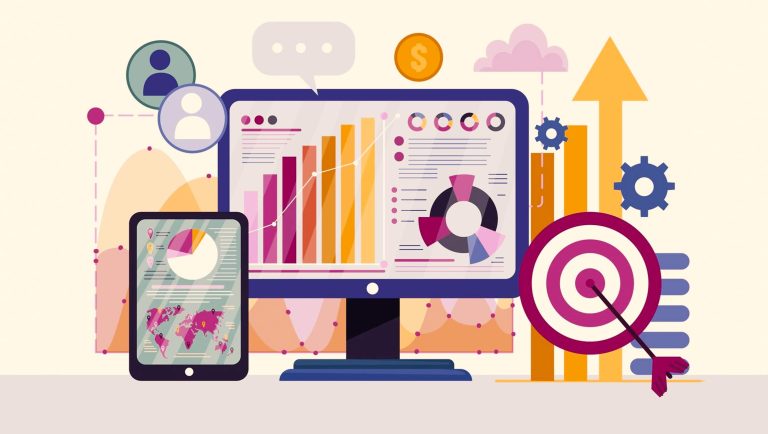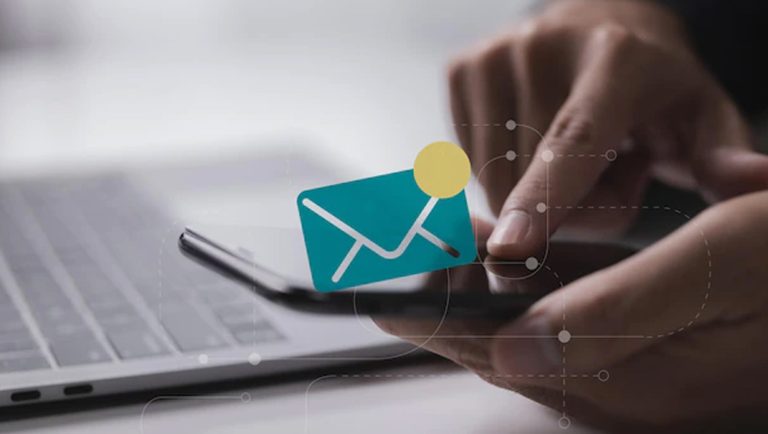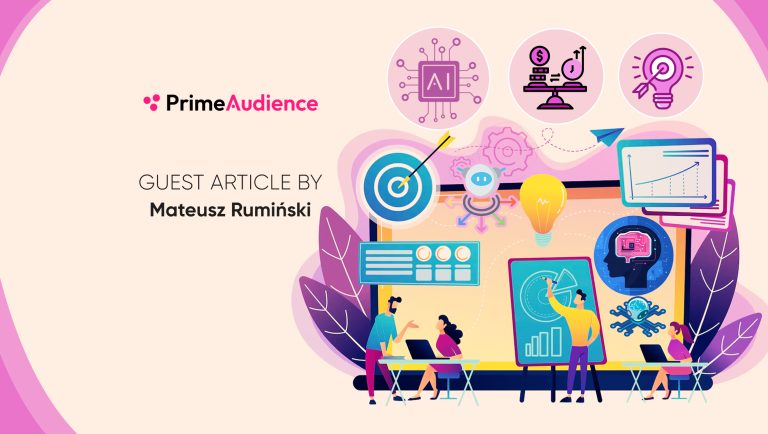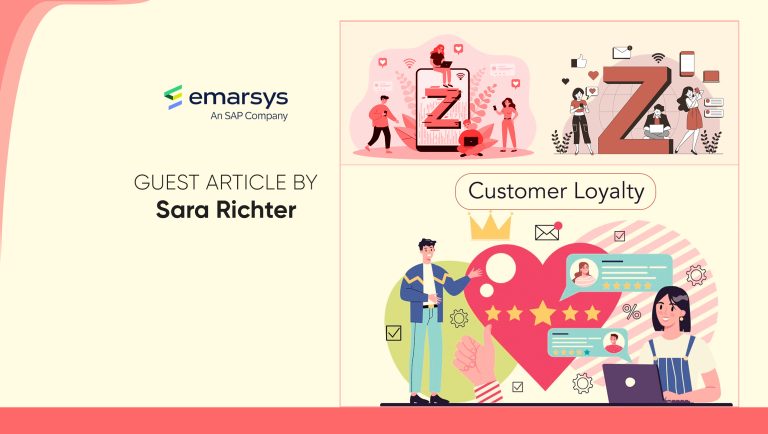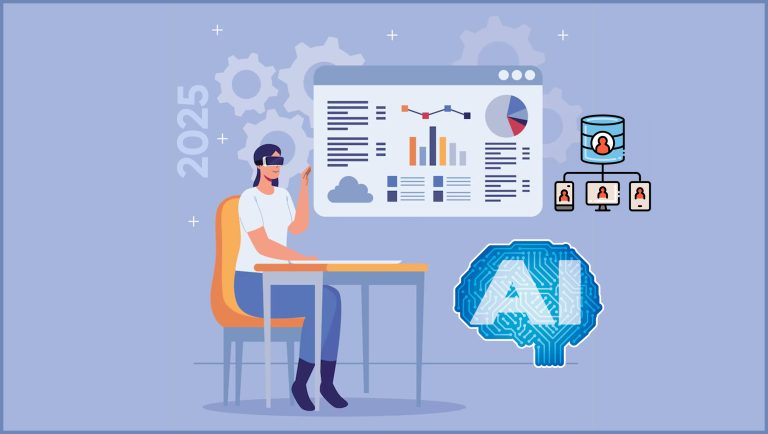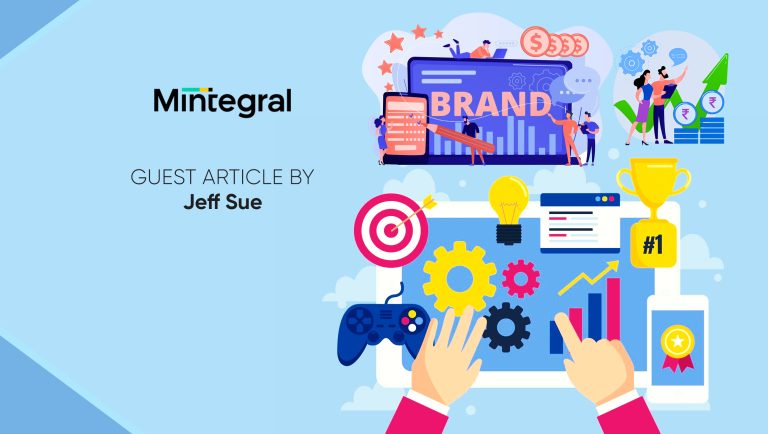![]()
accessiBe, the market leader in web accessibility, announced the upcoming launch of accessFind, a consumer-centric nonprofit initiative providing the first ever search engine created specifically for end-users with disabilities. Designed in partnership with leading disability-focused nonprofit organizations, this initiative is built for the community, with the community. Through partnerships with organizations including United Spinal Association, Columbia Lighthouse For The Blind (CLB), The Viscardi Center, The IMAGE Center of Maryland, Earle Baum Center of the Blind, Determined2Heal, Senspoint, and others, accessFind will be the first search engine designed to enhance how people with disabilities navigate the internet through the creation of an accessible-friendly index of websites.
Ahead of the launch, accessFind is inviting additional NGOs focused on the needs of the community to join this initiative as founding members, further shaping the accessFind vision and giving wide representation to its community.
Marketing Technology News: VIZIO and Verizon Media Announce Strategic Partnership to Advance Connected TV, Omnichannel Advertising
On average, people make 5.4 billion Google searches per day, enjoying endless results and opportunities from search engine access. However, for the 1.5 billion people with disabilities around the world, this experience is much different. Only 2% of all websites are accessible, so the chances of finding an accessible website in today’s search engines are slim to none. accessFind aims to reduce the frustrations experienced by people with disabilities as the first and only search engine that finds accessible websites.
“I know firsthand the challenges that people with disabilities must navigate when it comes to internet accessibility. That’s what we call ‘the web accessibility gap,’ and this initiative will go a long way in helping to bridge that gap,” said Michael Hingson, Chief Vision Officer of accessiBe. “Navigating millions of websites that were not built for people with disabilities can be an overwhelming, even a daunting, experience. Our intention in building accessFind is to be the new gateway to an inclusive web, displaying only accessible websites, and empowering and connecting the community with businesses, services and knowledge sources – so people with disabilities will have access to the full potential of the internet.”
“For too many people, using popular search engines is a frustrating and fruitless experience,” said Shir Ekerling, CEO of accessiBe. “With the understanding of the web accessibility gap, the decision to put our resources into accessFind was an easy one. With accessFind, internet users with disabilities finally have a search engine that provides them with results of readily accessible websites, working to bridge the existing digital divide.”
Marketing Technology News: MarTech Interview with Hunter Montgomery, Chief Marketing Officer at ChurnZero
accessFind will already have over 120,000 accessible websites from launch, producing a tailor-made browsing experience that ensures search results can be accessed by all users. Any accessible website is welcome to join accessFind. Additionally, nonprofit organizations can still become a part of the founding members group. Whether you want to join the index or you’re interested in becoming a founding member, you can visit accessfind.com for additional information.
“We live, work and play in an increasing digital world. accessFind is the place for people with disabilities to search for websites and be assured they are accessible, thus eliminating the frustration that occurs when logging on to an inaccessible site,” said Michael Caprara, Chief Information Officer, The Viscardi Center. “We hope this is another step forward in encouraging businesses and organizations to make their websites accessible for all users and that every search engine follows accessFind’s lead.”
accessFind is just one of the many initiatives accessiBe is rolling out as part of its public roadmap. accessiBe’s goals are to educate and raise awareness towards a more accessible and inclusive internet, solve web accessibility problems through advanced technology, tools and services, and achieve its vision of making the internet accessible by 2025.




